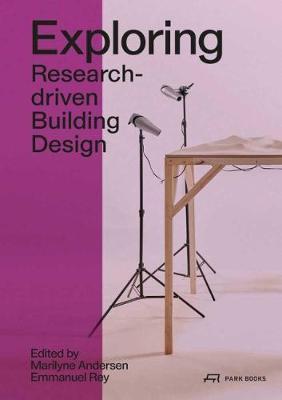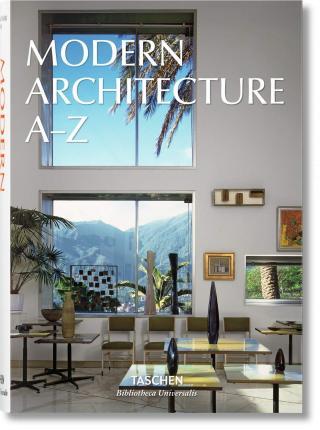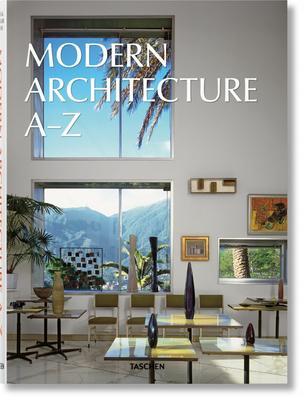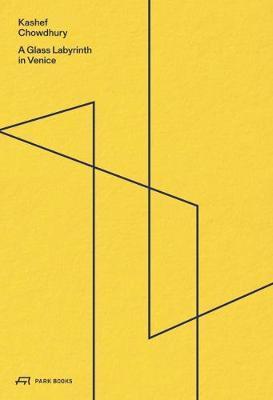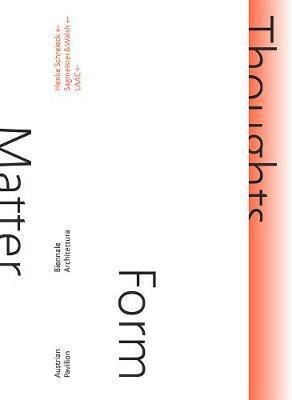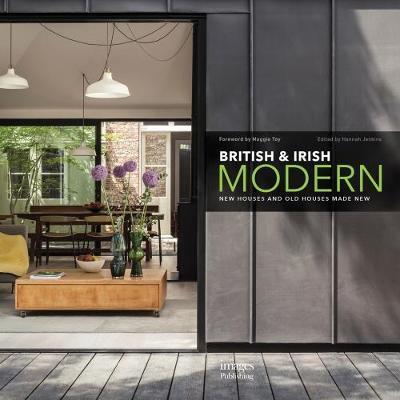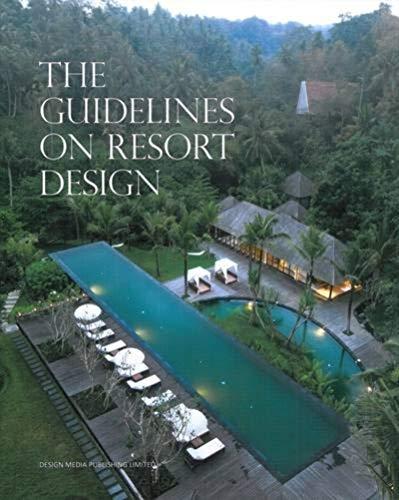Architecture & Design , General & Introductory Architecture
Exploring : Research-driven Building Design. Towards 2050
Product of a research cooperation between three Swiss universities - the Ecole Polytechnique Federale de Lausanne's School of Architecture, the School of Architecture and Technology in Fribourg, and the University of Fribourg - the Smart Living Lab is a research and development centre for the built environment of the future. This high-tech structure also serves as an emblem of the cooperation's aim to translate academic research into actual buildings. A new series of books, entitled Towards 2050 will be showcasing the ambitious undertaking at various stages. Exploring: Research-driven Building Design presents the second phase of research at the Smart Living Lab, which focuses on the various problems that must be solved to satisfy future buildings' sustainability goals. Given that the building sector is one of the world's biggest contributors to CO2 emissions and energy consumption, the research group is seeking strategies to improve energy and carbon performance of the Smart Living Lab, anticipating the expected tight requirements thirty years from now. The book features contributions by Marilyne Andersen and Emmanuel Rey; Anne-Claude Cosandey, Marilyne Andersen, and Emmanuel Rey; Thomas Jusselme; Dominic Villeneuve, Thierry Maeder, Hamed Alavi, Vincent Kaufmann, and Denis Lalanne; Thomas Jusselme, Endrit Hoxha, Cedric Liardet, Himanshu Verma, Derek Christie, Marc Antoine Messer, and Luca Pattaroni; Arianna Brambilla, Cecile Nyffeler, Hugo Gasnier, Jean-Marie Le Tiec, and Arnaud Misse; Didier Vuarnoz, Julien Nembrini, Philippe Couty, and Thibaut Schafer; Florinel Radu; Thomas Jusselme, Endrit Hoxha, Stefano Cozza, Raphael Tuor, Renato Zulli, Nicolas Henchoz, and Denis Lalanne; and Thomas Jusselme and Didier Vuarnoz. Further volumes in the Towards 2050 series: Thinking: Visions for Architectural Design.
- Andersen, Marilyne
- Park Books
- 276
- Paperback
- 9783038601326
Поткатегории
